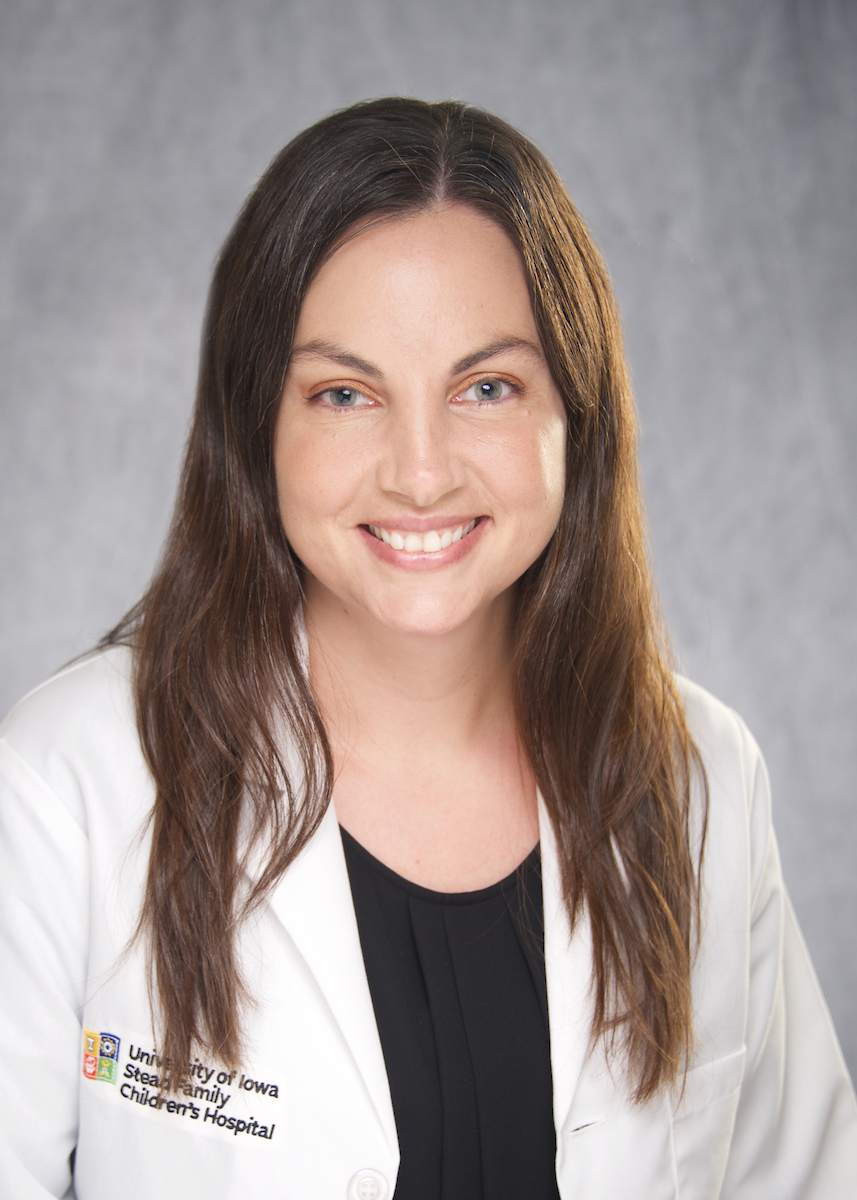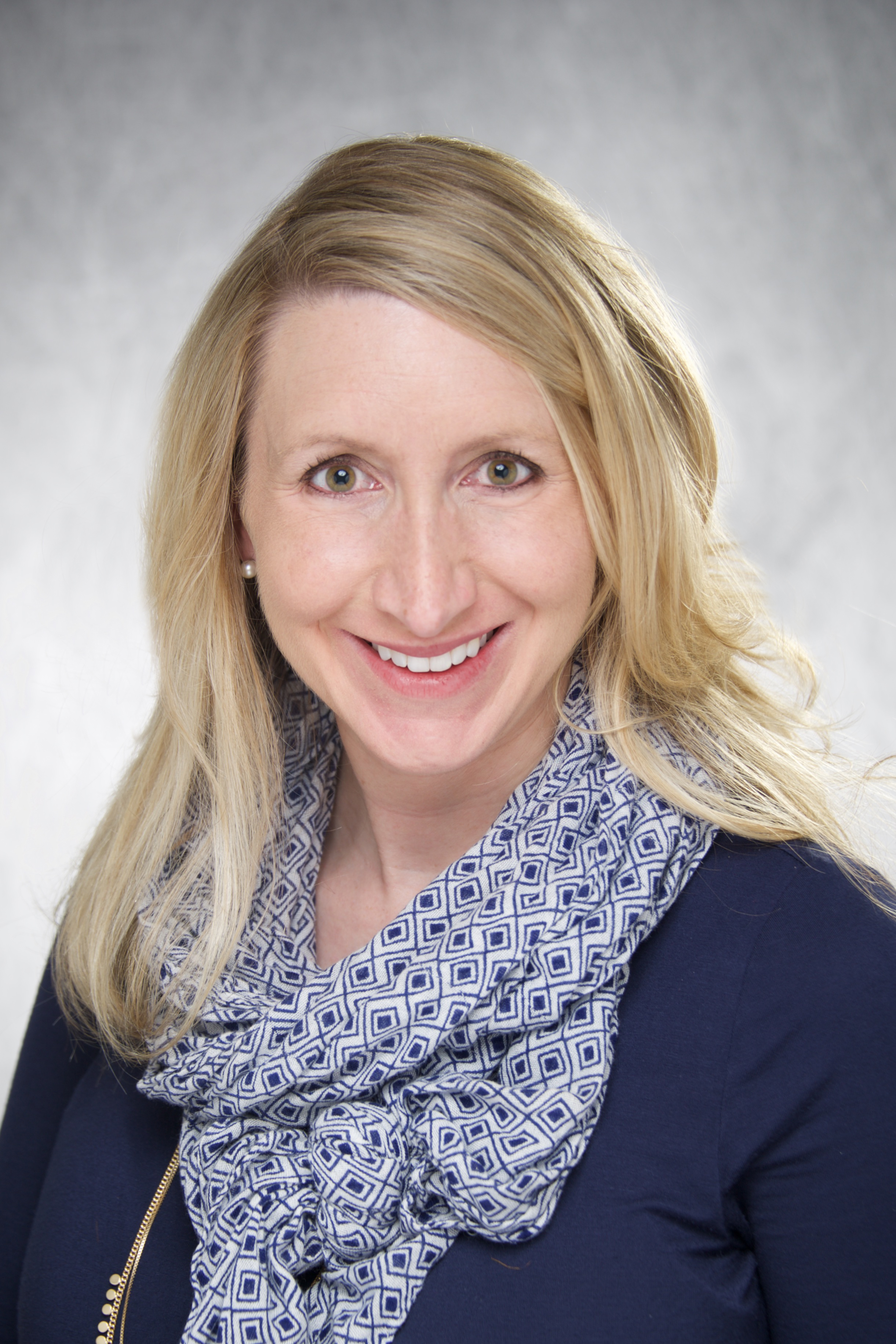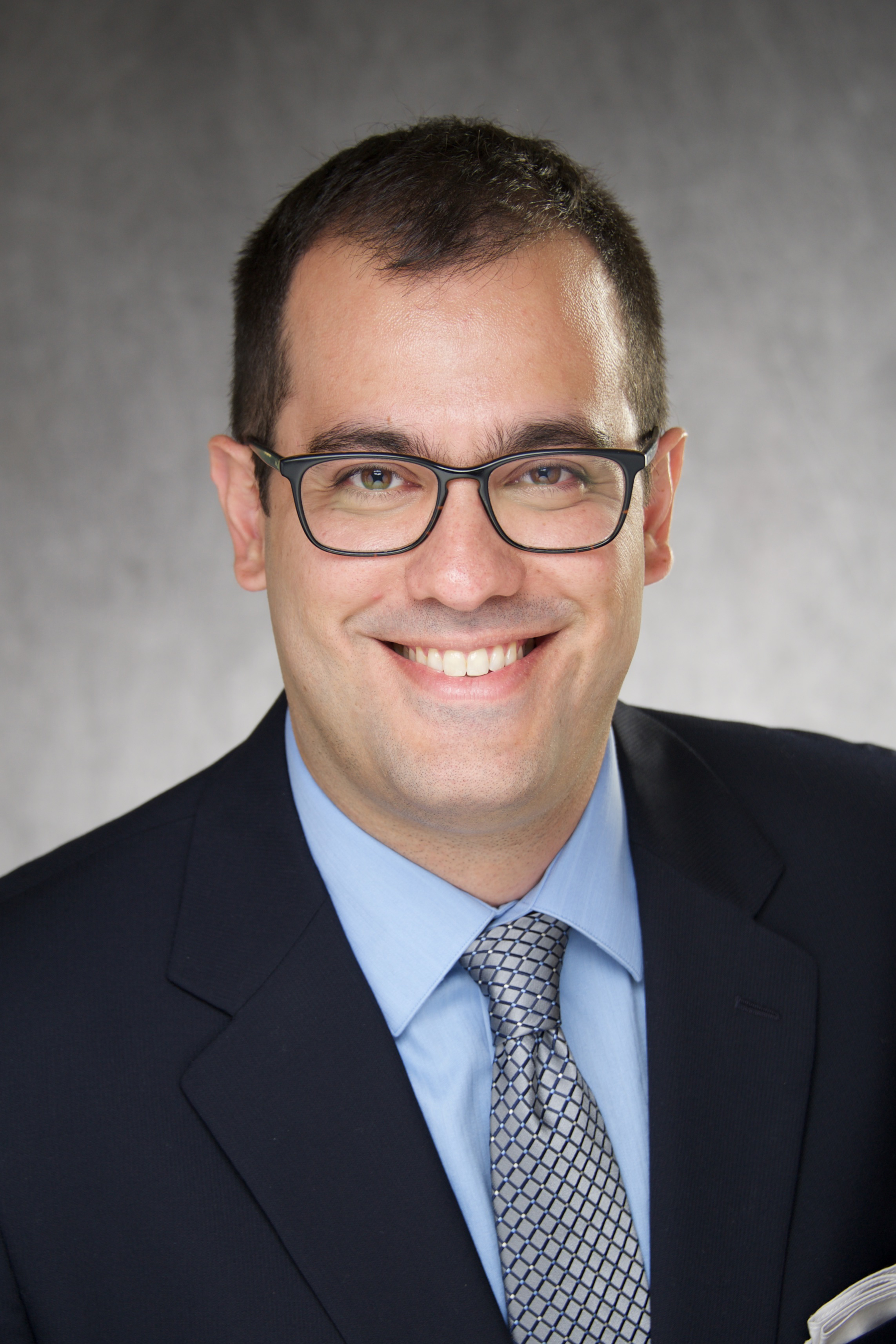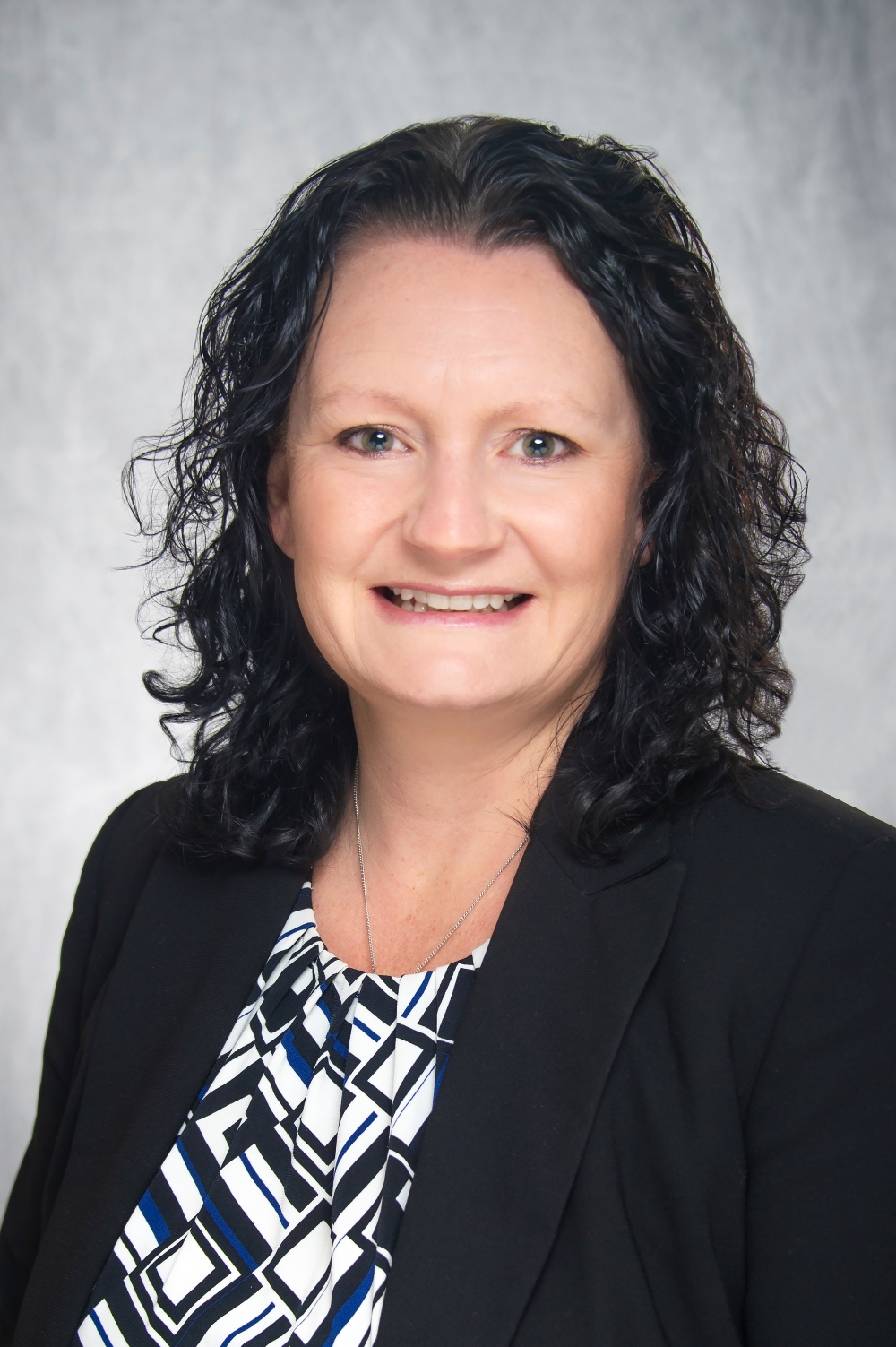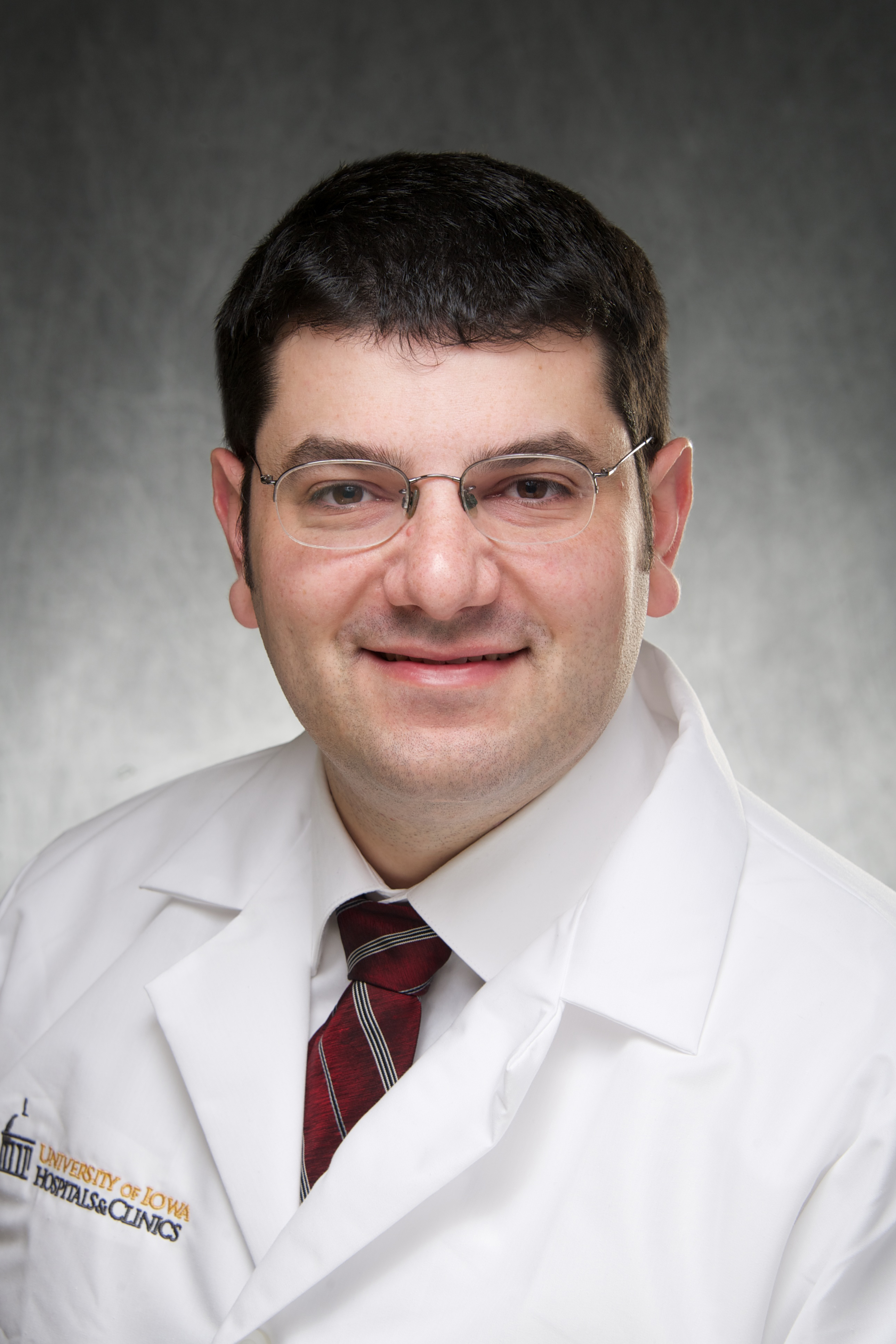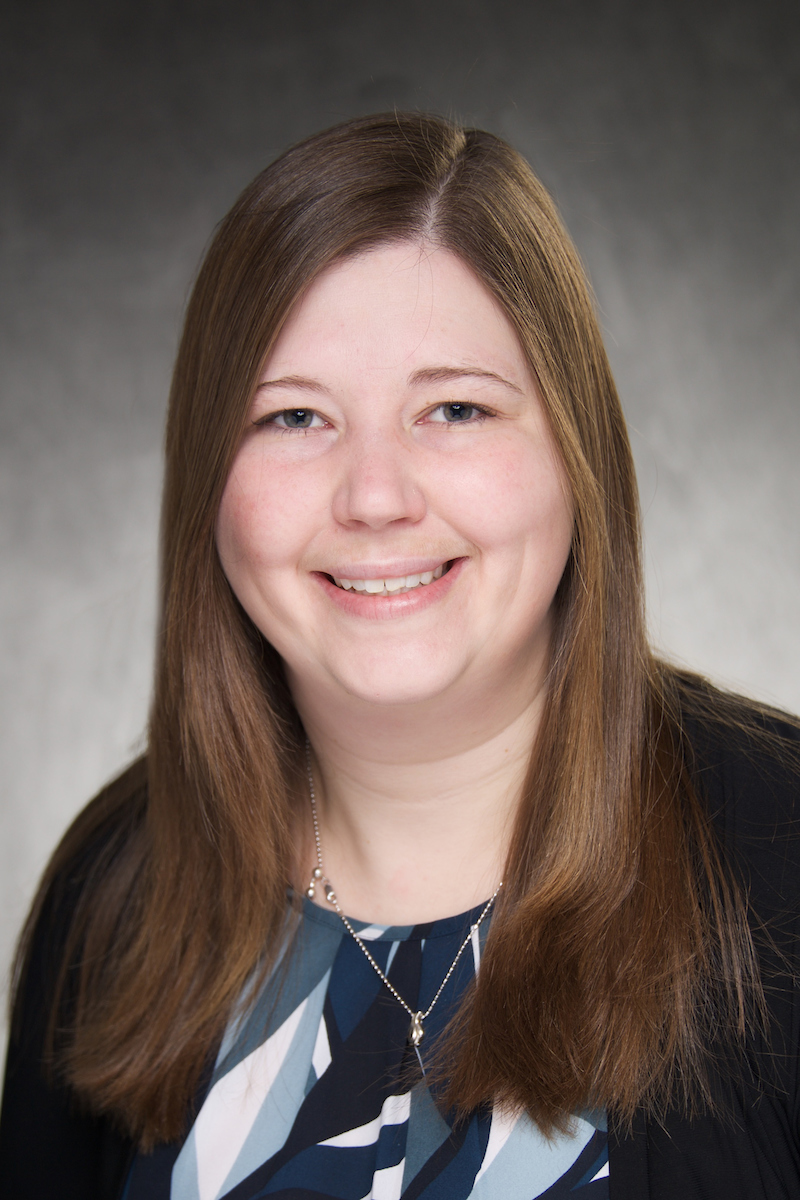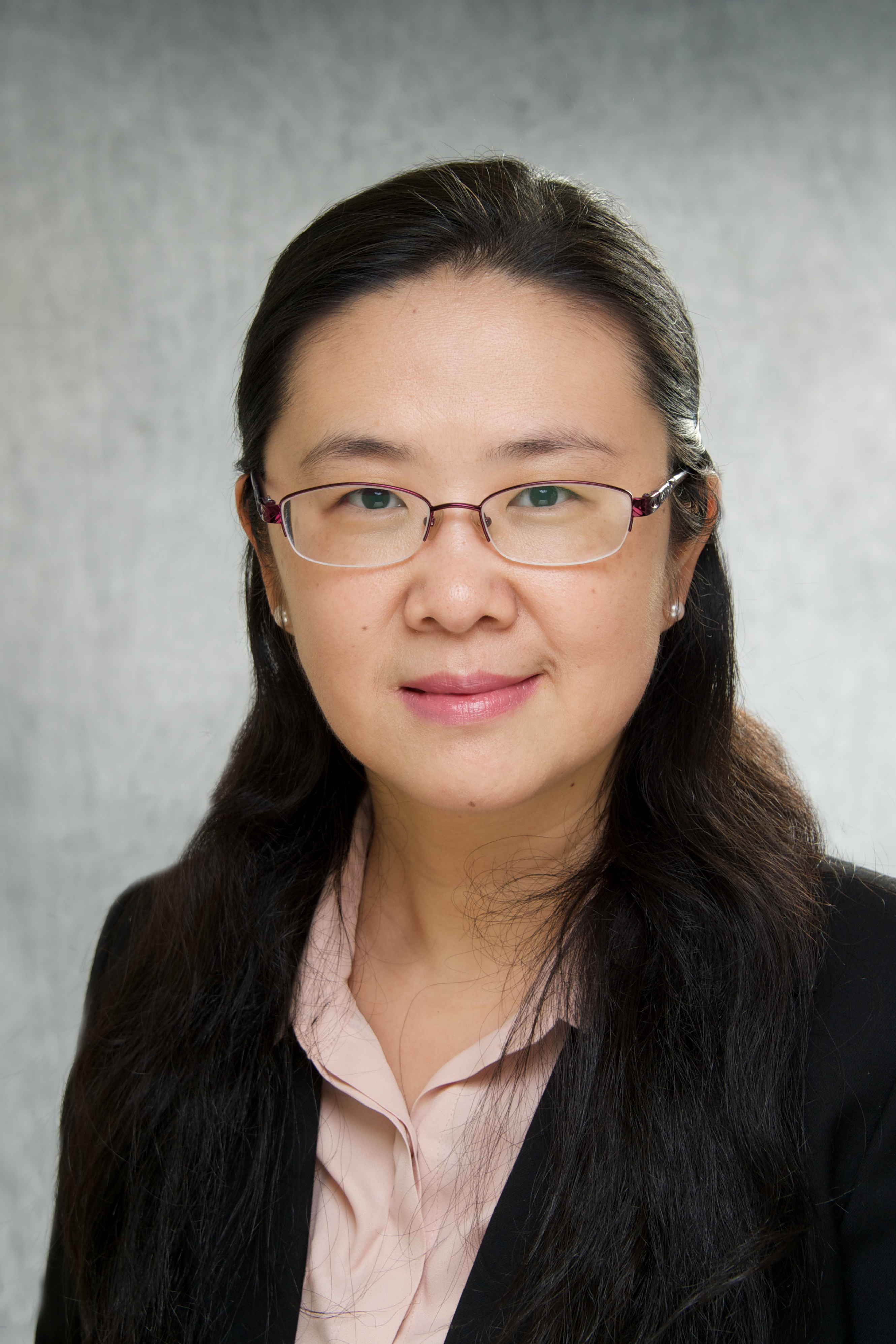Progress report: Stead Family Scholars
The Stead Family Scholars Program aims to advance the development of outstanding early-career faculty of the UI Carver College of Medicine and give a boost to help “risky” projects into the next phase of research. Each investigator receives $125,000 in annual research funding for three years.
As we anticipate the announcement of the 2024 cohort, we caught up with the current Stead Family Scholars to see how their research has progressed since they were selected.
Jennifer Bermick, MD
Associate Professor of Pediatrics–Neonatology, 2022 Stead Family Scholar
Bermick’s research is focused on infection and sepsis in neonates with the goal of making more targeted therapies possible in the future. Since she was named a Stead Family Scholar, she has expanded her team’s biorepository of preterm infant samples and enrolled nearly 400 subjects.
“This is by far the largest repository of this type,” Bermick says.
Next, she plans to embark on the first study to directly compare the immune responses of preterm infants based on the reason for their early delivery. The team will also compare intestinal microbiome and inflammation overtime between infants who did and did not receive probiotics.
Lyndsay Harshman, MD, MS
Associate Professor of Pediatrics–Nephrology, Dialysis, and Transplantation; 2023 Stead Family Scholar
Harshman studies how kidney disease affects children’s cognitive development.
“The Stead Family Scholars award has allowed my team to pivot from human subjects research into animal research,” she says. “We hope to have data from this project ready for publication by the end of 2024.”
After this data is published, Harshman plans to begin working on a funding proposal for the National Institutes of Health.
Alejandro Pezzulo, MD
Associate Professor of Internal Medicine–Pulmonary, Critical Care, and Occupational Medicine, 2023 Stead Family Scholar
Pezzulo is developing a “stress test” that could be used to create individualized profiles of cellular response for patients with certain chronic diseases. Among his team’s recent discoveries is a finding that could have indications for better understanding Parkinson’s disease.
“We found that cells derived from the skin of people with Parkinson’s disease have abnormal energy utilization and that the severity of their disease and the cellular defect correlate,” Pezzulo says.
The team has three research papers currently in the works covering their discoveries.
Amy Ryan, PhD
Associate Professor of Anatomy and Cell Biology, 2023 Stead Family Scholar
Ryan’s work concerns how a pathway that regulates how lung cells regenerate from damage could be harnessed to find new targets for therapies in certain chronic lung diseases.
“The Stead Family Scholars Program has pushed forward our research studying the role of a protein (IGFBP3) in the regulation of airway stem cell aging,” she says. “Our preliminary data has supported an NIH-R01 application, and we are keeping our fingers crossed!”
They have two publications underway. Forthcoming research will explore how this protein binds to an extracellular matrix protein, which may have a role in regulating stem cells in the airways.
Munir Tanas, MD
Associate Professor of Pathology, 2022 Stead Family Scholar
Tanas’ team is focused on two fusion proteins that could be therapeutic targets for treating sarcomas. With the support of the Stead Family Scholars Program, the team has made new insights into the mechanics of these proteins in the development of epithelioid hemangioendothelioma, a rare cancer of vascular cells.
“The next main goal in our research is to translate our mechanistic insights into dysregulation of the Hippo pathway in sarcomas into new therapeutic strategies and clinical trials,” he says.
Mary Weber, PhD, MS
Associate Professor of Microbiology and Immunology, 2022 Stead Family Scholar
The Weber Lab seeks to address why women who have chlamydia or have had a prior chlamydial infection are at increased risk to develop cervical and ovarian cancers.
“Over the past two years, my lab has sought to link centrosome amplification to cellular transformation and oncogenesis during chlamydial infection,” she says. “Excitingly, my lab has found the first bacterial factor, CteG, that induces aberrant centrosome amplification during infection.”
This finding was published in Proceedings of the National Academy of Sciences. They hope to establish a direct link between this process and the development of cervical and ovarian cancer over the next year.
Ling Yang, PhD
Associate Professor of Anatomy and Cell Biology, 2022 Stead Family Scholar
Yang’s lab studies how cells sense and respond to alterations in nutritional levels, such as excess fat and sugar, in the context of obesity-associated diseases. Her lab has generated a mouse model to study lysosomal function in these diseases. They have one paper on these findings, expected to be published soon, and they plan to submit two applications to the National Institutes of Health for R01 (Research Project Grant) funding to further their work.
“With Stead Family Scholar support, we will send two manuscripts in 2025,” she says.

